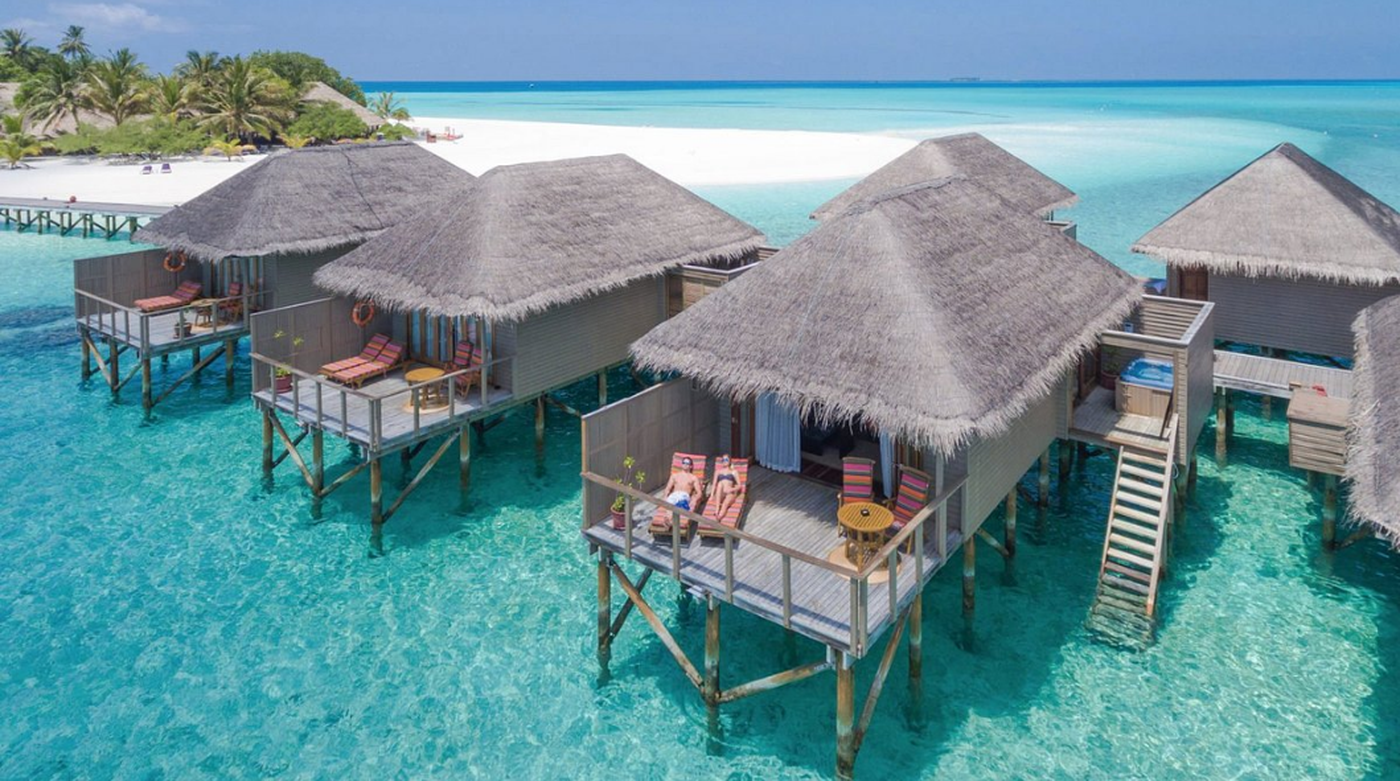A Growing Demand for Sustainable Travel

A recent survey by the magazine, Wanderlust revealed that over 72% of their readers consider sustainable travel important when making holiday decisions, with more than 40% assessing the sustainability credentials of hotels and transport providers before booking. Many tourism businesses are implementing measures to reduce their negative impacts, but not all claims of sustainability are genuine.
What is Greenwashing?

Greenwashing occurs when companies use general buzzwords like "green," "sustainable," and "eco-friendly" in their marketing without making meaningful efforts to reduce their environmental impact. This term was coined in the 1980s by ecologist Jay Westerveld. "Genuine sustainability must go beyond trending terminology and catchphrases," says Rachel Nxele, director of sustainability at Sabi Sabi Game Reserve, South Africa.
Common Examples of Greenwashing

One prevalent example of greenwashing is when companies claim to be 'carbon neutral' through tree-planting or community projects while making little effort to measure or reduce emissions. Some airlines, for instance, encourage customers to buy offsetting credits, shifting the responsibility for air travel's negative impacts onto the customers.
Key Questions to Ask

When evaluating the sustainability claims of hotels, tour operators, and cruise companies, consider asking the following questions:
Hotels
- What measures have you put in place to conserve energy and water, and how do you manage waste?
- Are you involved in initiatives that support local biodiversity
- Do you partner with local communities? If so, how?
Tour Operators
4. Have you committed to the Glasgow Declaration on Climate Action in Tourism goal of halving emissions by 2030 and achieving Net Zero by 2050?
5. How are you reducing the carbon footprints of your itineraries?
6. What proportion of the cost of each trip goes to locally owned and independent businesses?
Cruise Companies
7. How do you plan to reduce greenhouse gas emissions?
8. Have you committed to halve emissions by 2030 and hit Net Zero by 2050?
The Many Hues of Greenwashing
Superficial Measures
Some hotels offer to wash bed linen less frequently under the guise of saving energy but are primarily interested in cutting costs. Others claim to support local communities by merely featuring cultural shows rather than encouraging guests to spend money outside the hotel.
Questionable Practices
Eco-resorts in regions with limited water supply may promote spa facilities while local farmers struggle to irrigate crops. Companies often highlight small initiatives like banning single-use plastics while neglecting larger issues such as fossil fuel consumption.
Real Change Vs Empty Promises

Case Studies
Resorts in the Maldives hiring resident marine biologists to educate guests about coral reefs can help raise awareness but may prioritize these programs over more impactful changes like reducing greenhouse gas emissions and improving waste management.
Negative Growth in Antarctic Tourism
Antarctica has seen a dramatic increase in visitors, from around 35,000 in 2012–13 to 105,000 in 2022–23. While many expedition cruise companies claim environmental sustainability, the rapid growth in tourism compounds threats to Antarctica’s wildlife and ecosystems.
Conclusion: Action Over Words
As more travelers turn towards sustainable travel, it's essential to see through misleading marketing. "Thorough research will help you choose companies that prioritize real sustainability," advises Victoria Stokes, a former expedition cruise guide and sustainability expert. By reading between the lines, asking the right questions, and scrutinizing claims, travelers can support truly sustainable practices and avoid greenwashing.








